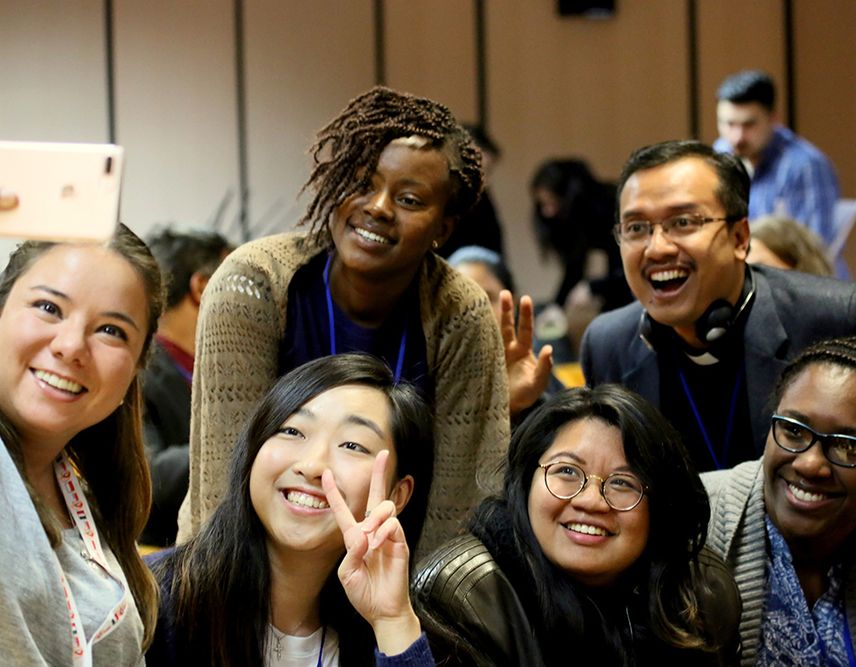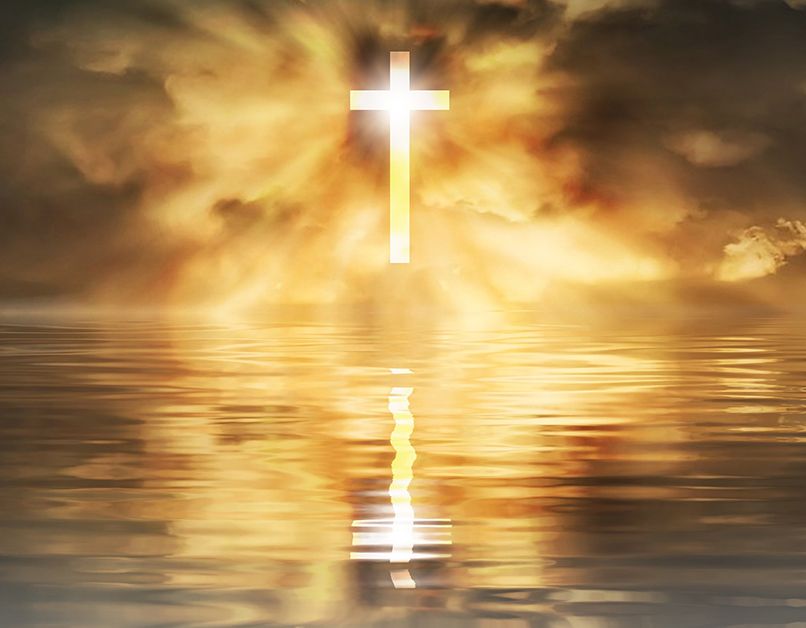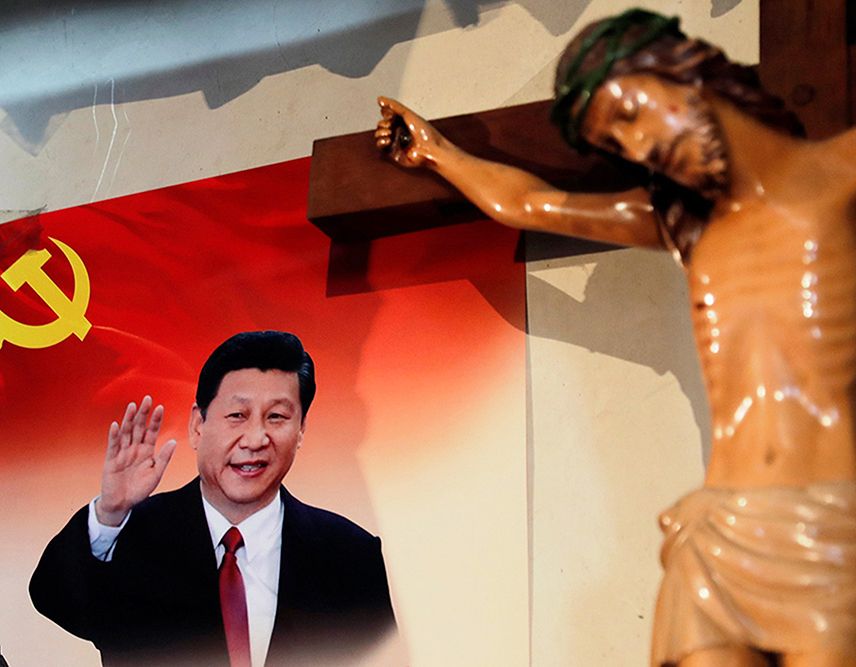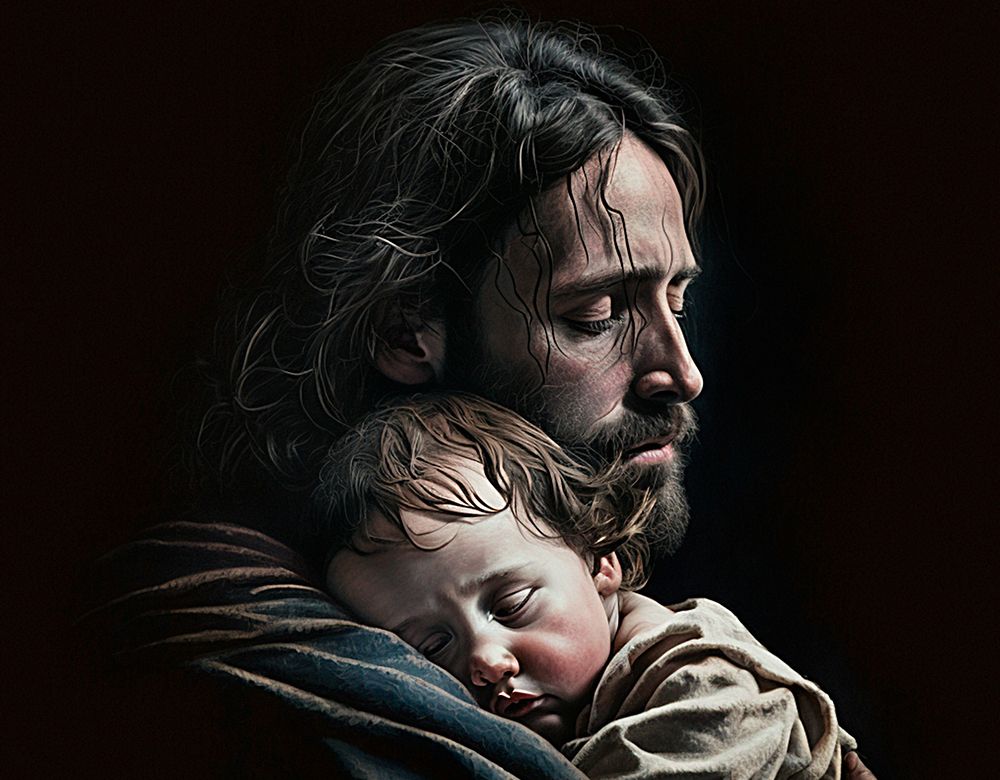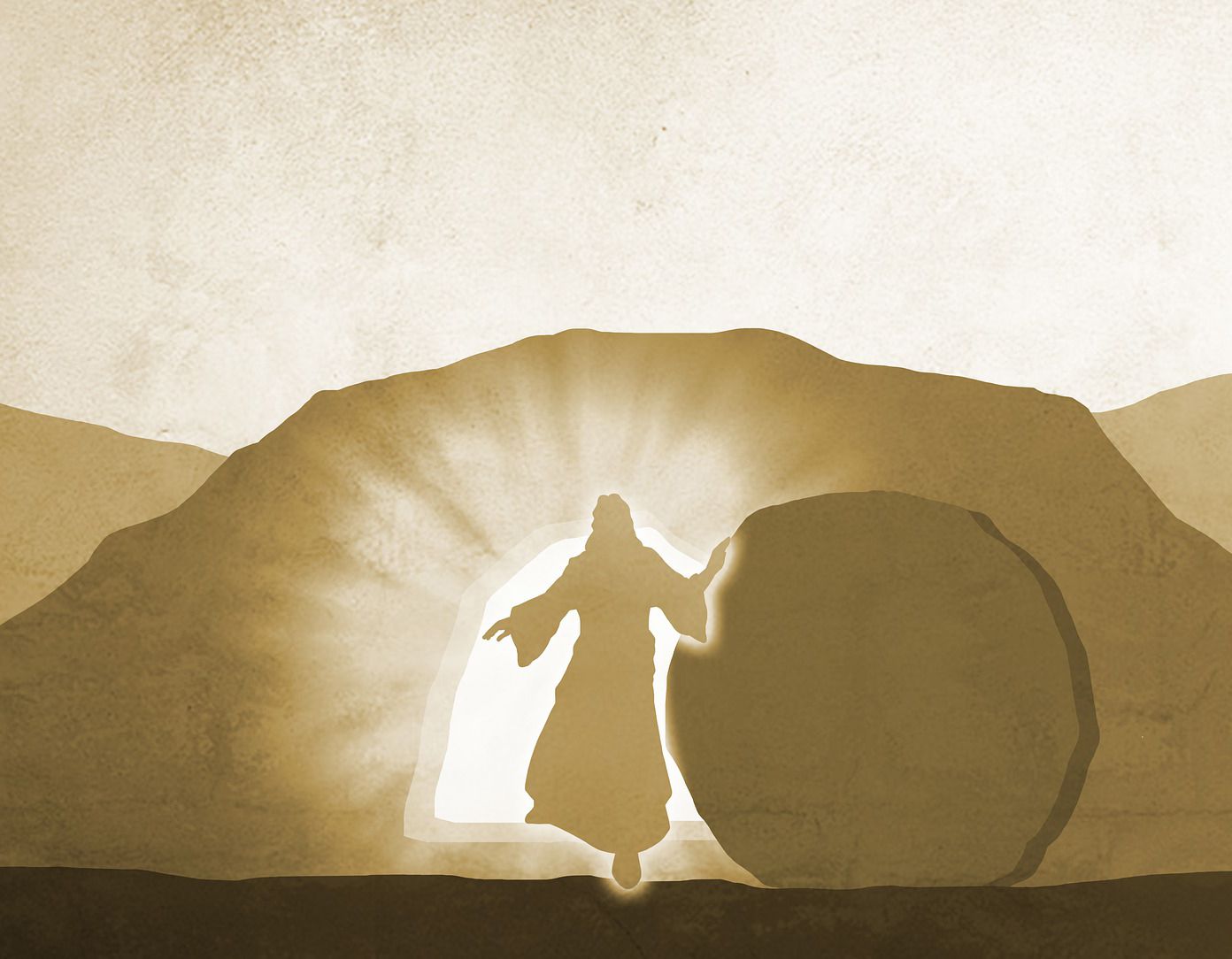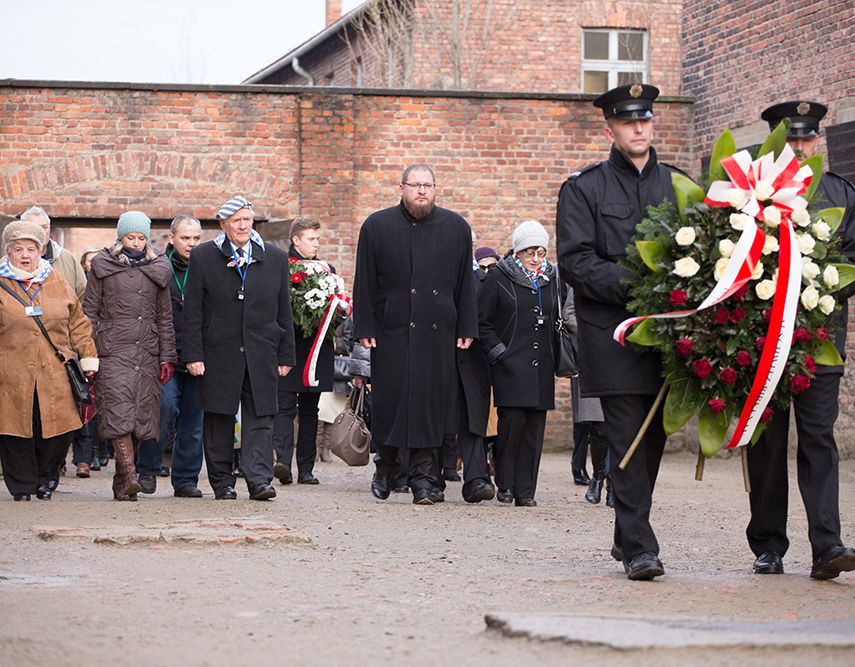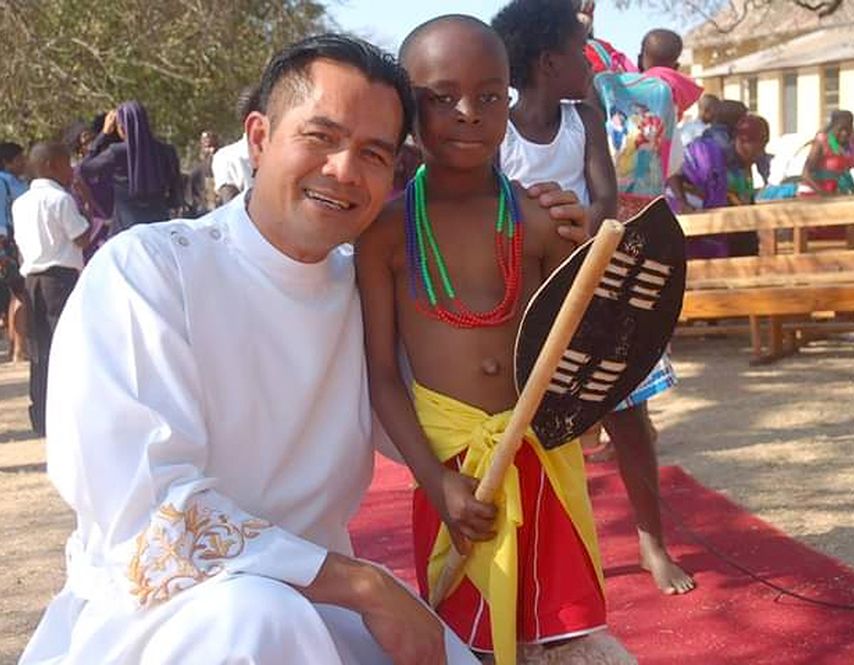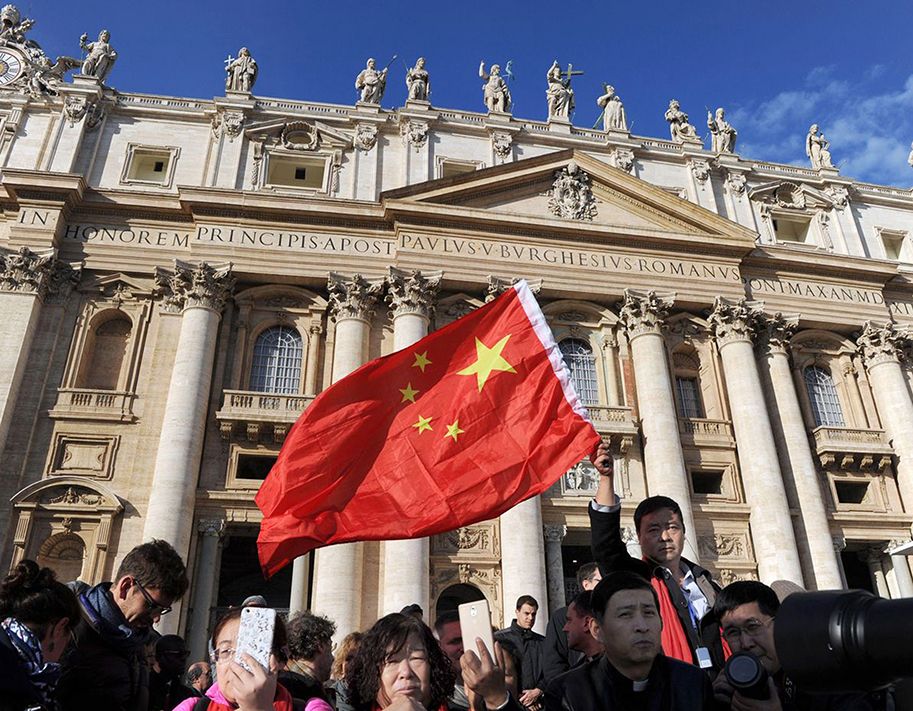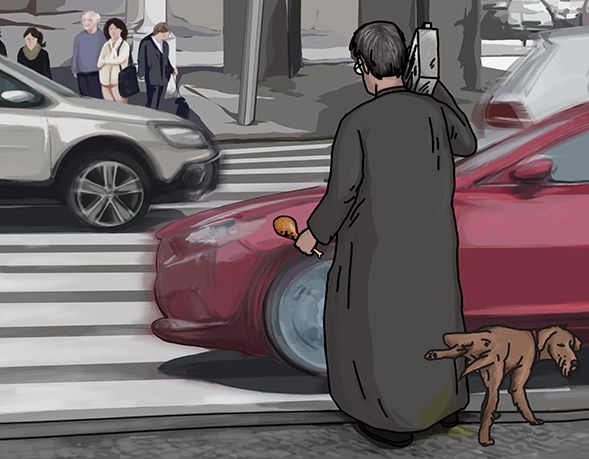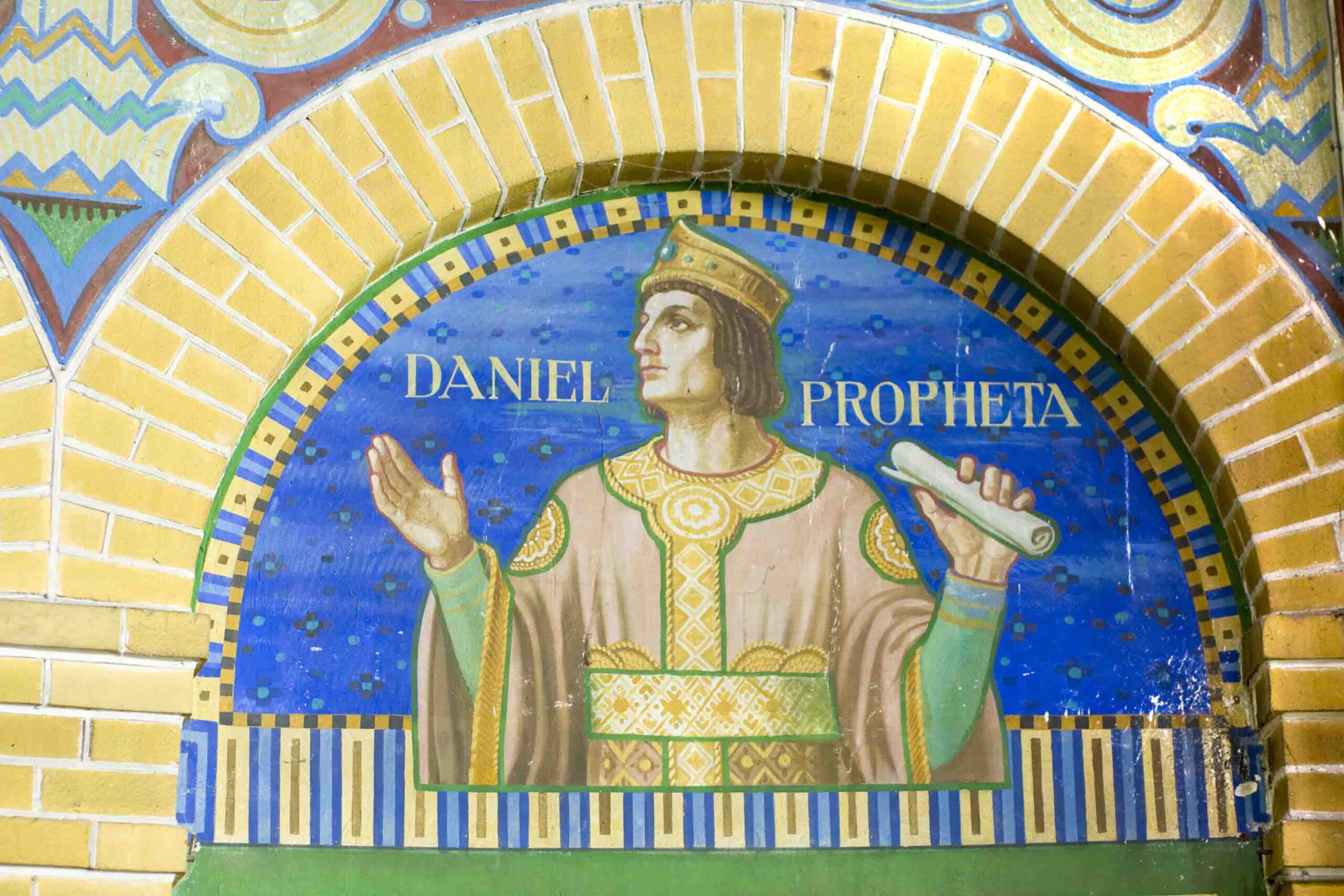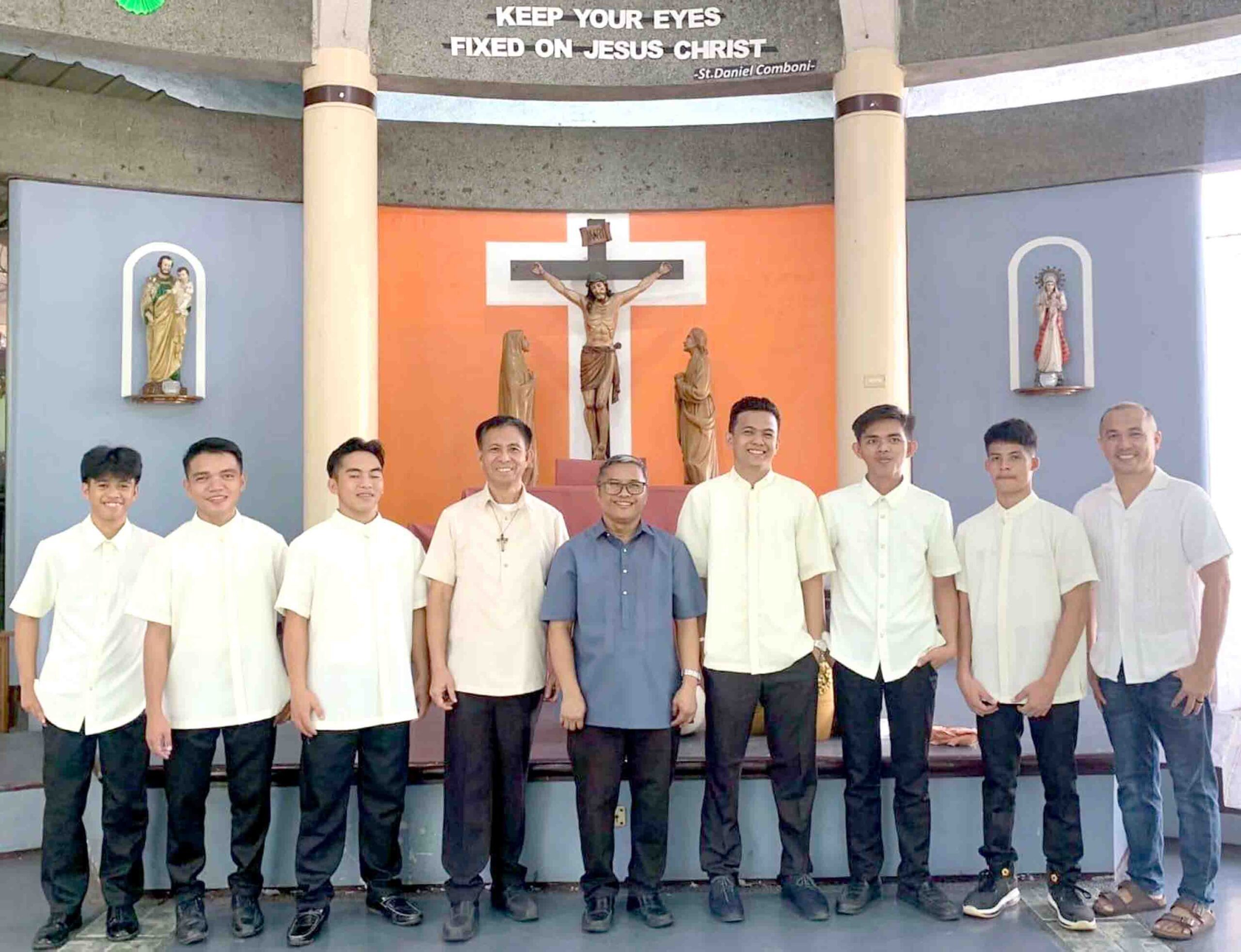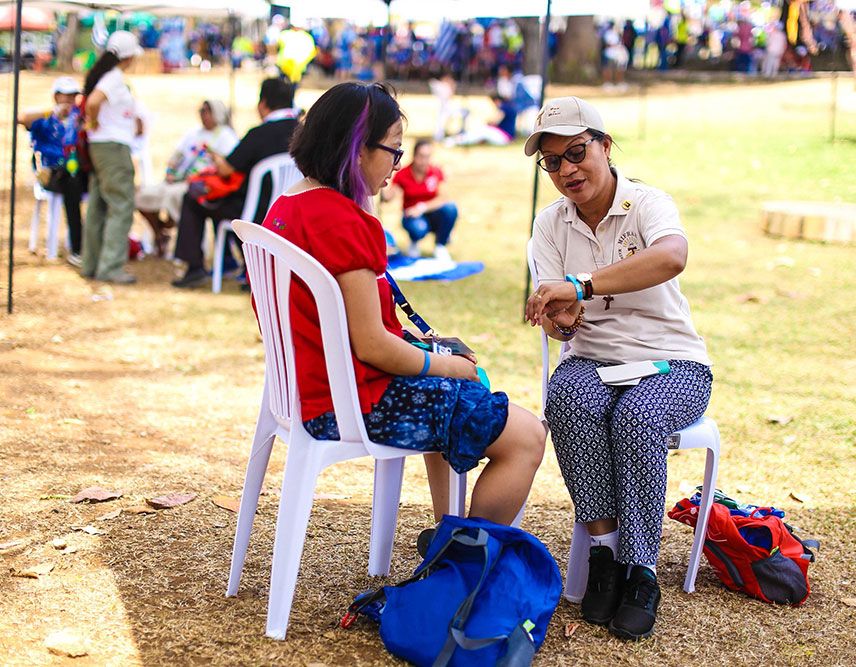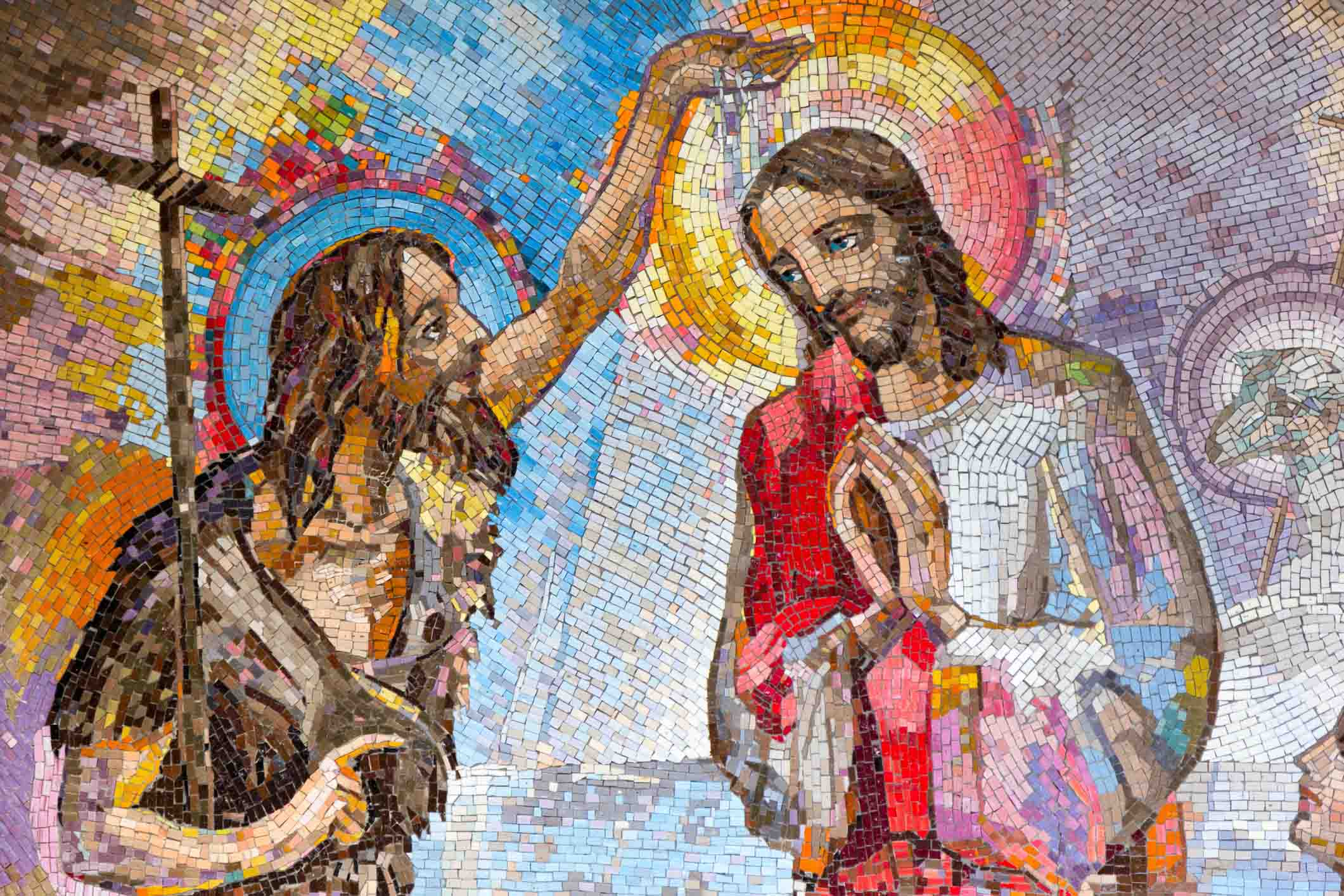The World Youth Day (WYD), which will be held in Lisbon from August 1 to 6, is upon us. This great event of the youth of the world with the pope is something truly transformative for those who allow themselves to be transformed. The basic biblical text proposed by the pope is found in St. Luke’s Gospel: “Mary arose and went with haste” (Luke, 1:39). Why has Pope Francis proposed this biblical passage from the Gospel for the journey to WYD23? What message does it contain?
First of all, it needs to be said right away: the evangelist Luke is not giving us a detailed journalistic account of the events that took place. Let’s also say that the central message of this text is an unlikely, cordial, selfless, and generous gesture of Mary toward her relative Elizabeth for her pregnancy and the birth of John the Baptist.
We have at least three difficulties to answer logically if we interpret the text as if it were a historical and journalistic account of what happened:
1. How could Mary, a young girl of about 14 years old at the time, travel alone through the hills and valleys of Judea, subject to all sorts of dangers on the way? Moreover, Mary has also just become pregnant by the work and gift of God through the Holy Spirit.
2. If the central point of the biblical text was really Mary’s selfless and generous readiness, why is it that in the text we are told that Mary returned to her home three months after, just as her relative had given birth? Let us note that Mary had just become pregnant by gift of the Holy Spirit when, the text tells us, Elizabeth was in her sixth month of pregnancy. If Mary returned after three months, it coincides with Elizabeth’s nine months of pregnancy when, the text tells us, Mary returned to her home.
3. Surely in the village of Zacharias and Elizabeth there would be women with experience to help give birth and care for the mother and her newborn. It doesn’t seem very logical that a 14-year-old girl would be more informed about midwifery and newborn care than these other women, who could very well be Elizabeth’s neighbors.
I think it is already clear that this biblical text is more than a chronological episode in Mary’s life. The message must be much deeper than just Mary’s unselfish and generous attitude toward her relative Elizabeth. It is therefore necessary to be more attentive to the language and writing style of the evangelist Luke in this infancy Gospel in order to understand the message he wants to transmit to us.
MARY, THE ARK OF THE NEW COVENANT
The reference to the ark of the Old Testament covenant is hidden in expressions of the biblical text. Let’s notice that, according to the Gospel, Mary left in haste to the house of her relative Elizabeth just after the moment of Jesus’ conception in her womb. Verse 39 begins by saying “in those days…”, that is, right after Jesus’ conception and the angel’s annunciation, Mary would have started her journey. Mary had just “been covered by the shadow of the Holy Spirit.”
This shadow that protects Mary is a reference to the concrete and visible presence of God in the cloud that, during the day, followed the people of Israel crossing the desert (Exodus, 13:22), and that covered the tent of the Ark of the Covenant containing the tablets of the law (Exodus, 40:34).
Here the message that St. Luke wants to convey is clear: Mary is the new Ark of the Covenant because it is in her womb that the true law and the true revelation of God are now found-Jesus, the Son of God! The true temple of God is no longer that wooden box covered with gold that people contemplated-it is no longer there that God is present. It is here, in Humanity, among ourselves, in human fragility (Mary’s and ours) that God wants to be and live! It is here that He incarnates and here, in the midst of this fragile humanity, that He wants to dwell.
JOY THAT MAKES MARY MOVE
What does this young Mary do? She sets out immediately, eager to share such great and profound joy with Elizabeth, her relative. Mary neither wants nor can keep this Good News to herself. She gets up and leaves with enthusiasm. She feels the desire to run to someone who can understand her and tell her about her extraordinary experience.
Mary becomes a missionary! Missionary in joyfully welcoming the joy of her life, and at the same time missionary in not keeping this Good News to herself, but taking it to others, in this case to her relative, who is also included in the plan of love for humanity that God is now communicating.
What should we as Christians do as we listen to and reflect on this biblical passage? Be like Mary: rejoice with joy to receive Jesus into our lives and make haste to go out and announce this extraordinary message from God to all mankind as she did with Elizabeth.

